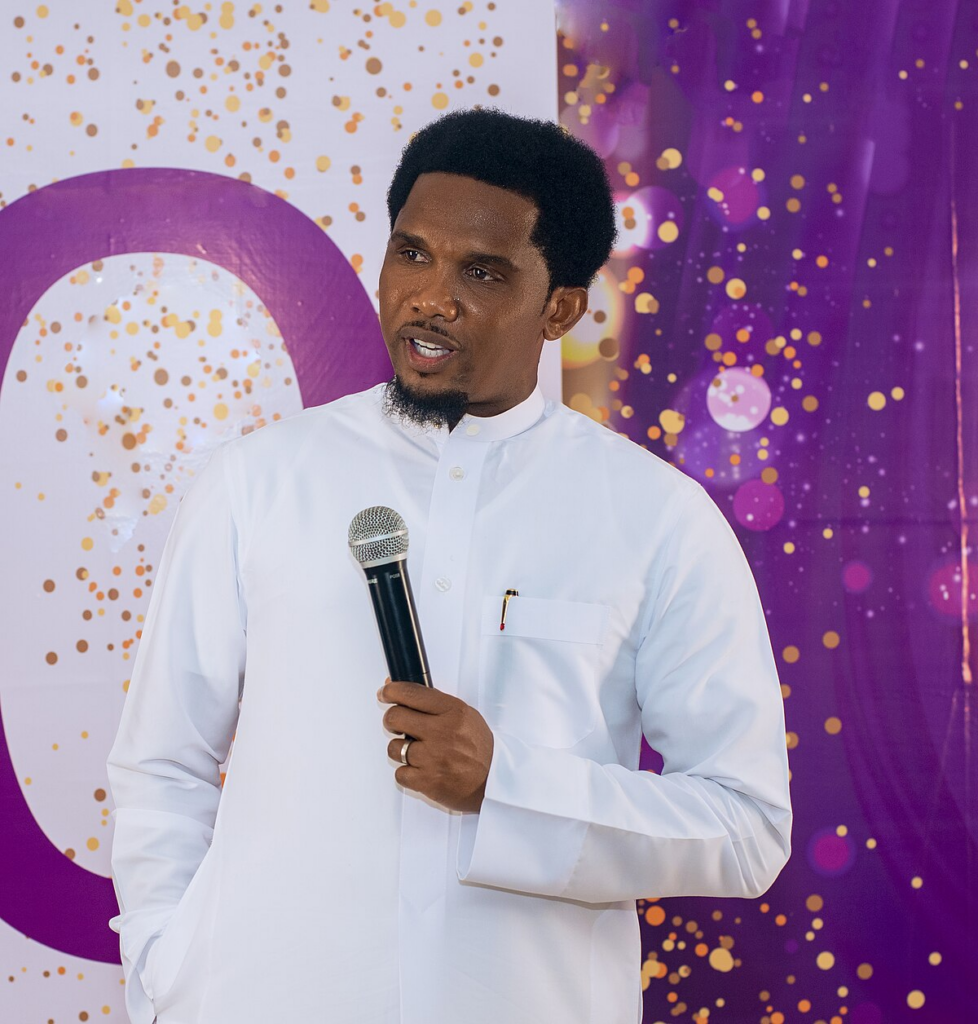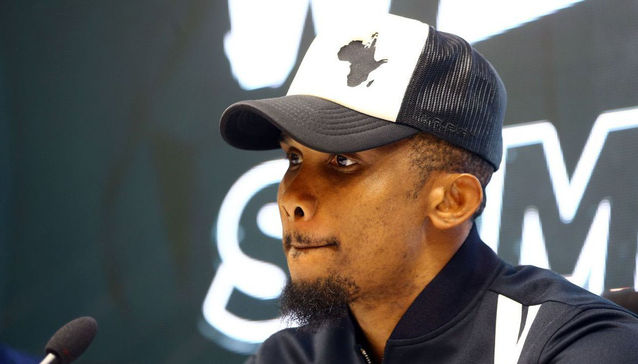FECAFOOTgate: Samuel Eto’o facing a legal storm
During his address to the youth on February 11, 2024, the Head of State, Paul Biya, instructed the government to undertake a profound reform of football administration in Cameroon.
“I understand the importance you place on football. The state, in our difficult context, makes significant financial sacrifices in this regard. It is therefore entitled to demand better organization and better results. We will ensure this. The government, and particularly the Ministry of Sports, have received clear instructions on the matter,” declared the Cameroonian leader, himself a keen sportsman.

Promptly, hearings were conducted at the Prime Minister’s Office, involving even the president of the FECAFOOT, as part of government measures aimed at improving the management of resources allocated to football. The final report will be submitted to the president soon. Meanwhile, the Minister of Sports and Physical Education, Narcisse Kombi Mouelle, has chosen not to renew the contract of Rigobert Song and his coaching staff. Additionally, an investigation has been announced by the Special Criminal Court (TCS) into the management of FECAFOOT, particularly regarding the use of public funds.
At the time, whistleblower Boris Bertolt had specified the 2.7 billion FCFA. This investigation, reportedly entrusted to Commissioner Oko Petit Joël, will focus on the allocation of funds by the state to FECAFOOT, estimated at nearly 30 billion FCFA, as well as the use of the 2.7 billion FCFA intended for the World Cup in Qatar.

It is necessary to look back to the eve of the World Cup to understand the causes of this situation. Indeed, a few weeks before the start of the 2022 World Cup, a subsidy of 14 billion was requested by the Cameroonian football governing body for the participation of the Indomitable Lions in the tournament. However, this amount was deemed too exorbitant by state decision-makers, who decided to grant only 4.176 billion.
Additionally, it was agreed that FECAFOOT should cover roughly half, which is 2.732 billion FCFA. Lacking the necessary financial resources to pay this amount, the head of FECAFOOT turned to the Cameroonian public treasury to secure a loan under certain conditions. He had promised that Cameroon would reach the final of the World Cup and that repayment would be made with the prize money bonuses provided by FIFA. However, the use of the 2.7 billion FCFA has become problematic.
Source: Afriquesports




